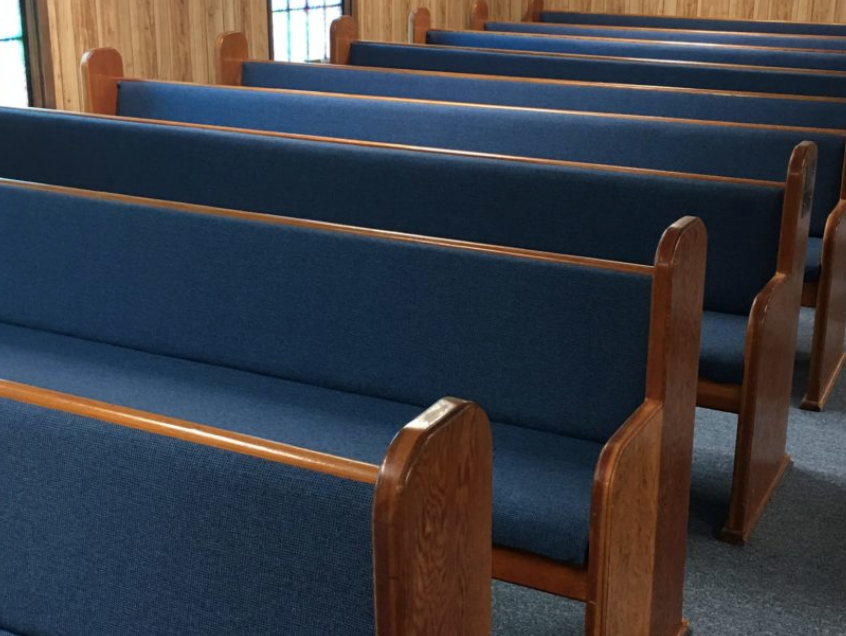It’s been a scary couple of days for post-liberals in America, with two major Supreme Court decisions (one of them unanimous) defending old-liberal concepts of religious liberty and free speech.
When the 303 Creative LLC decision hit the headlines (click here to read the majority opinion), I did something that’s quite rare in my household — I turned on the television and tried to watch mainstream cable-TV news.
Let’s face it: I struggle to understand why we have journalists who want the state to have the power to compel speech (intellectual content in general) in the work of writers, artists, video professionals, etc. But this post isn’t about the content of the news coverage of these decisions.
No, this is a post that I was requested to write after a recent luncheon with clergy, students, faculty and others at the Overby Center at Ole Miss. We kept coming back to a crucial question for news consumers: How do we find a compelling mix of news and commentary — representing different points of view — in an age in which most newsrooms embrace business models in which they tell paying customers exactly what they want to hear?
Here is another way of stating that: How do we find news and commentary that helps us understand the views of people what we need to respect (or at the very least truly tolerate), even when we disagree with them?
This led me to Twitter. I told folks that, when the 303 Creative decision was released, they needed to read whatever First Amendment specialist David French wrote about it. Why? Because I was convinced that he would find a way to parse the opinions and offer insights that made people on both sides of the decision very uncomfortable.
This is, frankly, why I have followed his work for several decades. This is why he is on a short list of people that I follow on Twitter when digging into major news trends and events. Hold that thought, because I will share my current version of that list at the end of this post.
But back to French and the headline on his New York Times column about this SCOTUS decision: “How Christians and Drag Queens Are Defending the First Amendment.”
Told ya.










